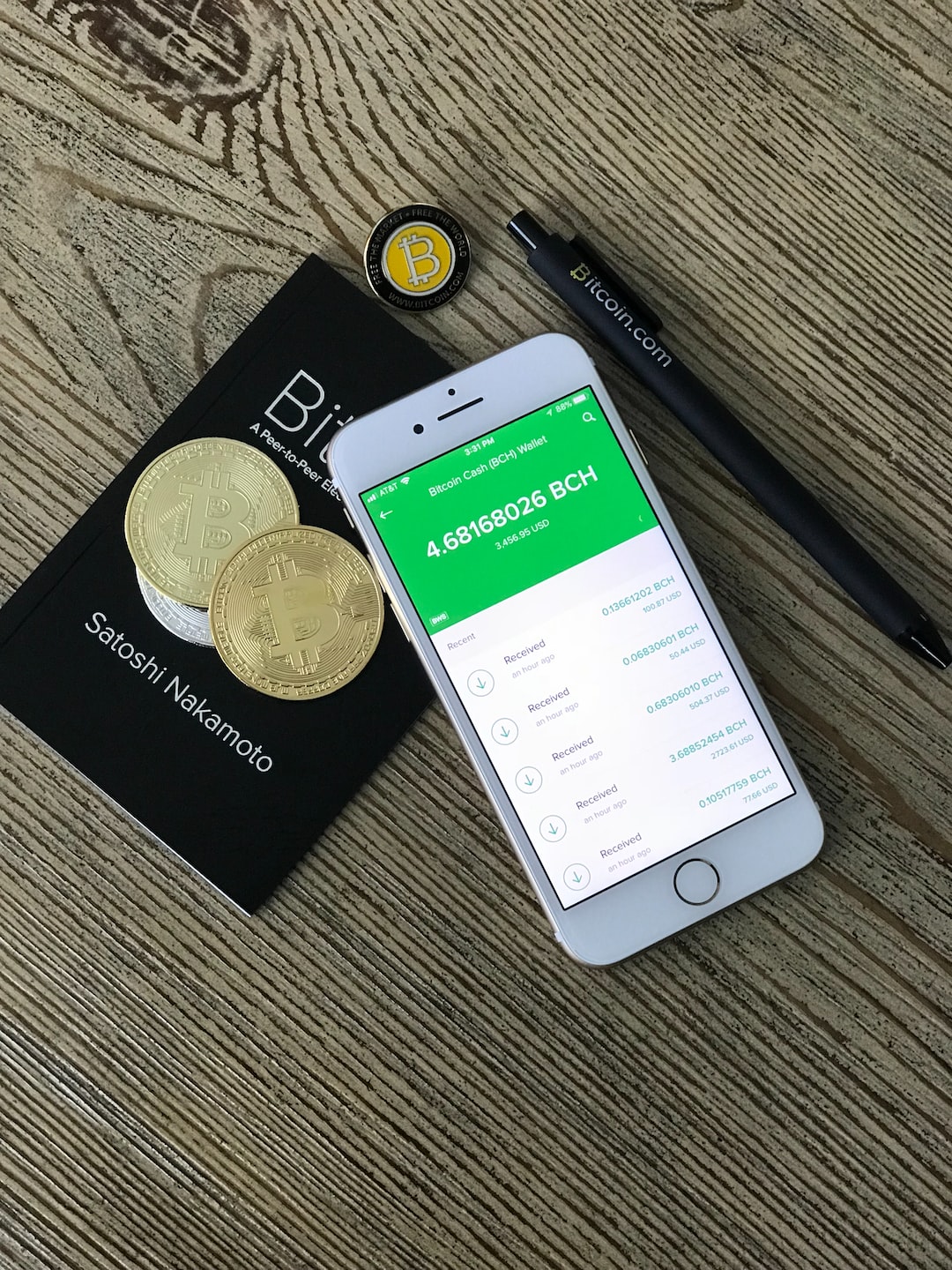The foreign exchange market is the largest and most liquid financial market in the world, with an average daily turnover of over $5 trillion. It operates 24 hours a day, 5 days a week, spanning different time zones and continents. However, there is a common misconception that the forex markets are closed on weekends, particularly on Sundays. In this article, we will explain what time the forex markets open on Sundays and why it matters for traders.
Firstly, it is essential to understand the different time zones relevant to forex trading. The forex market is divided into four major trading sessions: the Sydney session, the Tokyo session, the London session, and the New York session. Each session overlaps with the next, providing traders with continuous market access. The opening and closing times of these sessions vary depending on the local time zones.
The Sydney session is the first to open on Sunday at 10 PM GMT (5 PM EST or 6 AM AEDT). It lasts for 9 hours until 7 AM GMT (2 AM EST or 3 PM AEDT) when the Tokyo session begins. The Tokyo session lasts for 9 hours until 4 PM GMT (11 AM EST or 1 AM AEDT) when the London session begins. The London session is the most active and liquid session, covering the European and African markets. It lasts for 8 hours until 12 AM GMT (7 PM EST or 9 AM AEDT) when the New York session begins. The New York session is the final session of the trading day, covering the North American markets. It lasts for 8 hours until 8 PM GMT (3 PM EST or 5 AM AEDT) when the Sydney session begins again.
Therefore, the forex markets are technically open 24 hours a day, 5 days a week, including Sundays. However, the trading volume and liquidity are significantly lower during the weekend, particularly on Sundays. This is because most of the major financial centers, including New York and London, are closed on weekends. The lower trading activity during weekends can result in wider bid-ask spreads, increased volatility, and lower liquidity, which can make it more challenging for traders to execute their trades effectively.
Nevertheless, some traders may still prefer to trade on Sundays, particularly in the Asian markets, where there may be some activity due to the time zone differences. Additionally, some news events or economic data releases may occur over the weekend, which can create opportunities for traders to capitalize on market movements. However, traders should be aware of the risks involved in trading during low-activity periods, as the market can be more unpredictable and volatile.
In conclusion, the forex markets are open on Sundays, but the trading activity and liquidity are generally lower compared to the weekdays. Traders should be aware of the different time zones and sessions relevant to forex trading and consider the risks involved in trading during low-activity periods. It is crucial to have a well-defined trading strategy and risk management plan to navigate the forex markets effectively.





